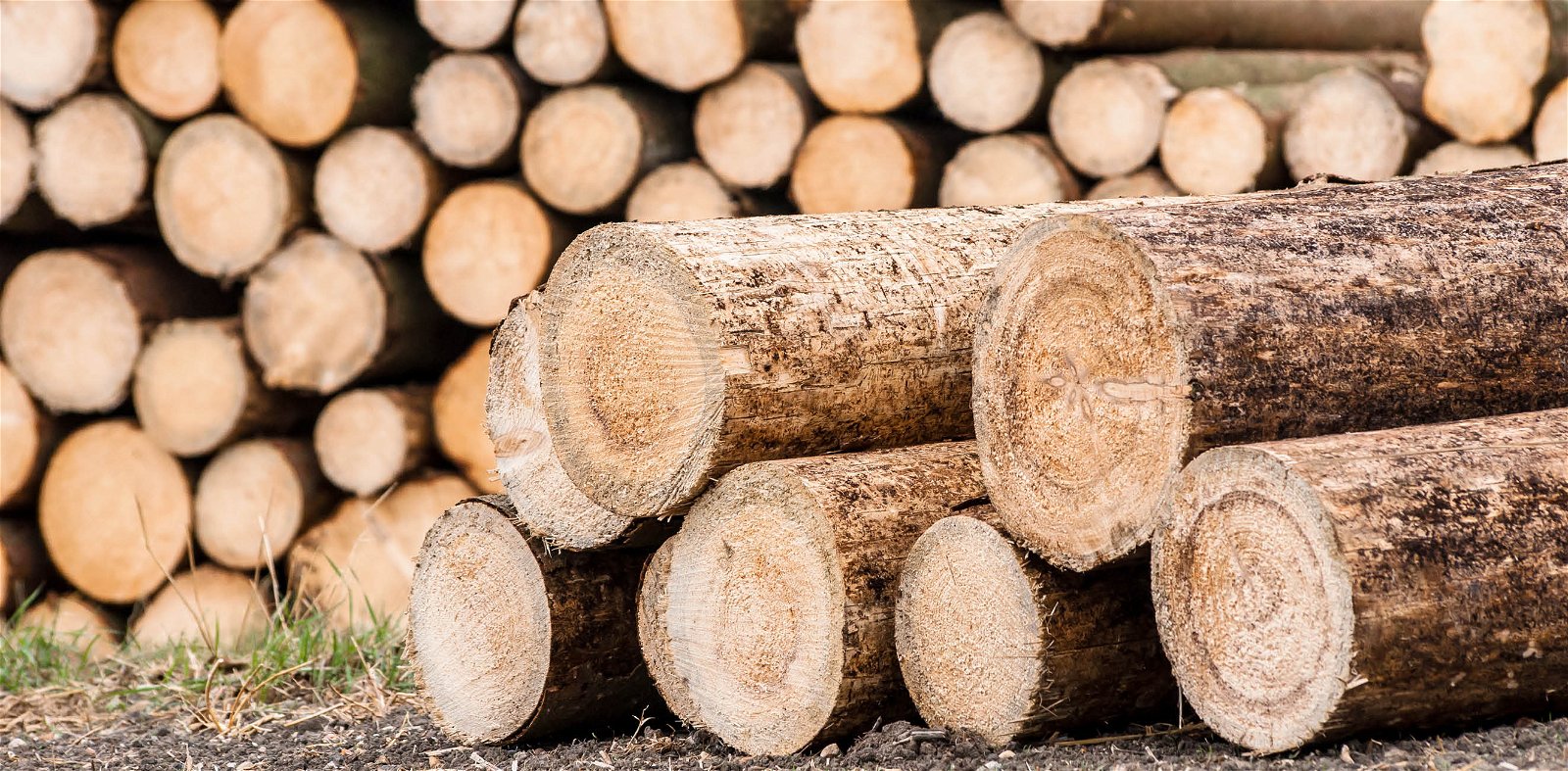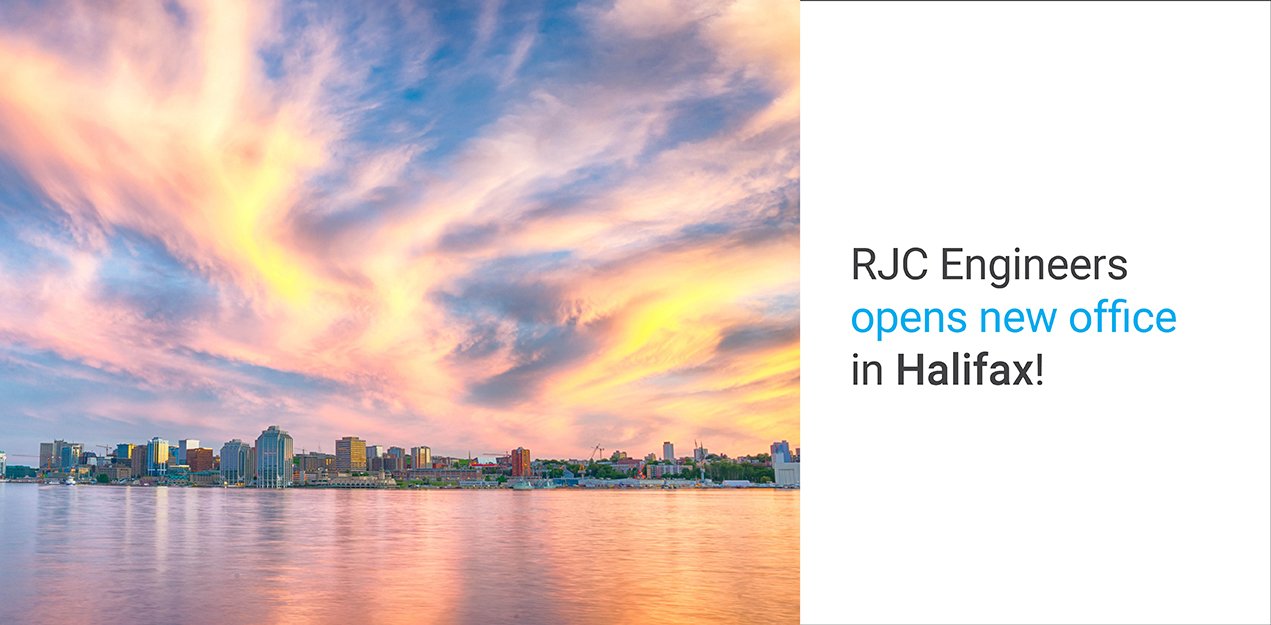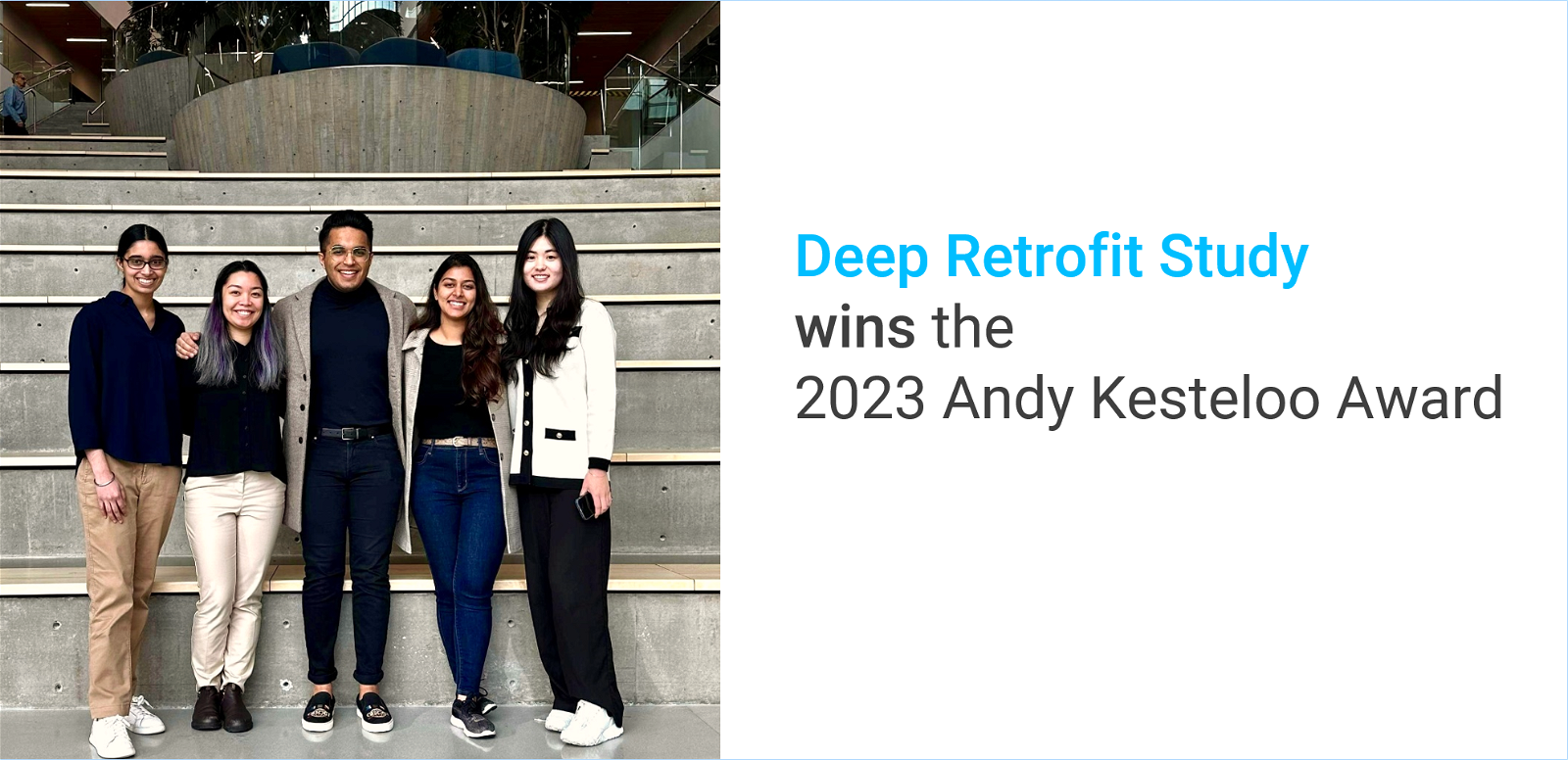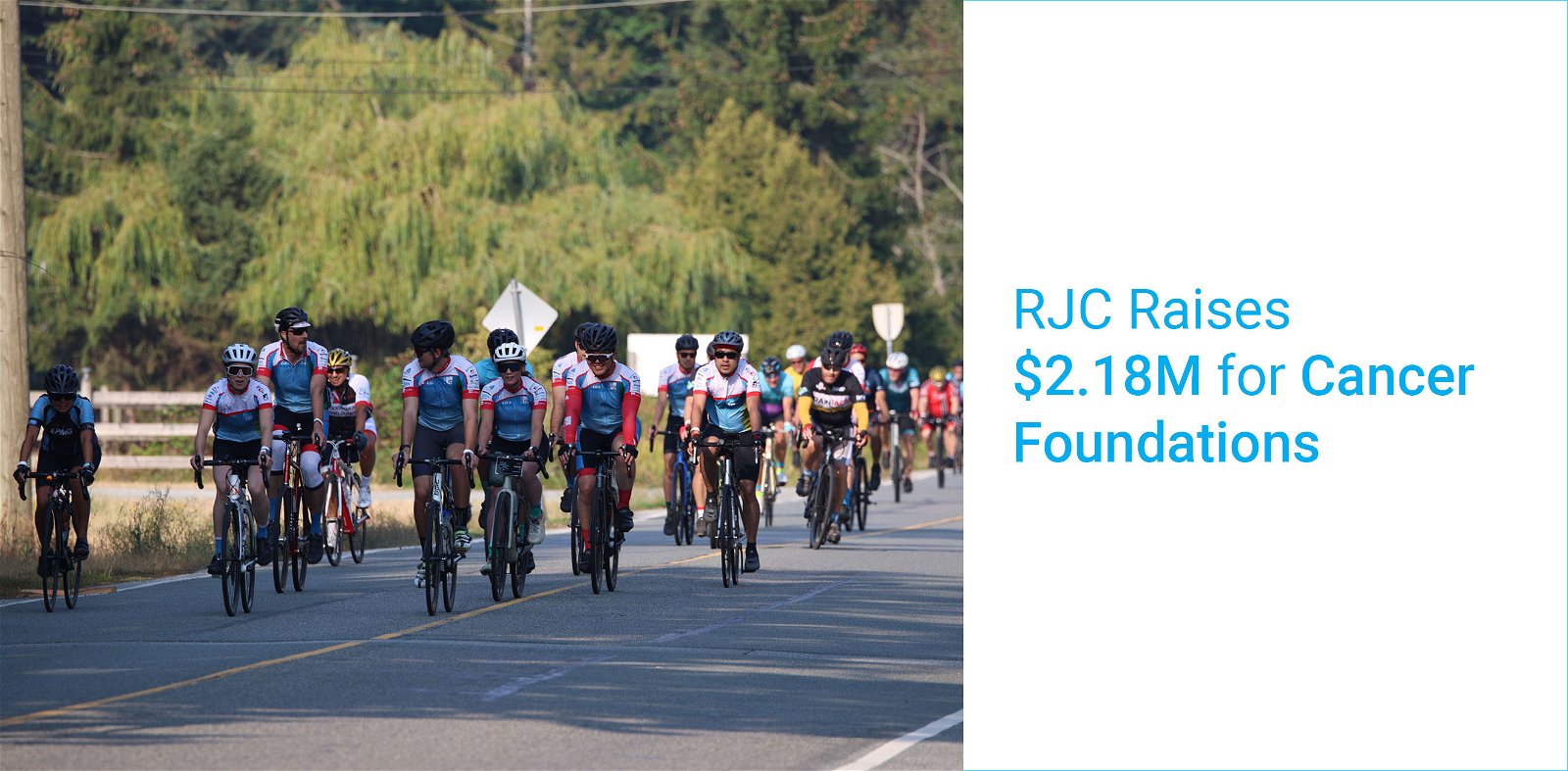RJC Projects Part of Funded Mass Timber Demonstration and Research Projects
- Details

British Columbia is providing funding for 12 mass timber demonstration and research projects and has established a new advisory council to accelerate the adoption of mass timber building systems, as part of the Province's economic recovery.
RJC is the structural engineer in British Columbia for the District of Saanich’s Fire Station #2, and for Faction Projects development in Kelowna. The redevelopment of Fire Station #2 will demonstrate how mass timber can be used in a post disaster building designed to withstand emergencies. The project will replace the present one-storey, 353 square-metre building with a two-storey 2,190 square-metre steel and timber post and beam system that will accommodate a fire training tower and emergency vehicles. It is one of the first mass timber buildings in Canada to target a zero carbon building standard while being fully equipped for a post-disaster response.
Factions Projects development is The Exchange, a four-storey hybrid mixed-use building that will demonstrate the feasibility of local trades, rather than factories, to produce mass timber panels. Local mass timber panel production using available suppliers and trades will create local jobs and reduce supply-stream risks. This project will also be used to educate the insurance and lending industry on mass timber to reduce premiums associated with mass timber buildings. Developers will pursue Step Three of the BC Energy Step Code, the highest level for buildings of this type in the Okanagan.
“As we work to put the pandemic behind us, we will continue making strategic investments that position B.C. to come back stronger on the other side,” said Premier John Horgan. “Mass timber is good for forestry-dependent communities, workers and the environment because it adds value rather than just volume. That’s why growing the sector is key to building a strong and sustainable economic recovery that reaches everyone.”
The $4.2-million investment in mass timber demonstration projects and research will help urban planners and developers adopt mass timber building systems by supporting the incremental or first-time costs of design development, research, permitting and construction activities. The projects will help advance CleanBC goals by sourcing from sustainably managed forests that have a lower carbon footprint.
The Province is also introducing a new mass timber advisory council. The advisory council is a group of experts from urban planning and development, First Nations, forest products industry, environmental non-profits, academia and local governments. The council will provide advice and guidance towards establishing B.C. as a leader in the production and use of mass timber, as well as the creation of a mass timber action plan.
The demonstration projects reflect a range of different building types and approaches to using mass timber that will highlight the versatility and performance of this building material. The research projects will study mass timber's fire performance, the costs relative to steel and concrete, and carbon benefits. All project innovations and best practices will be broadly shared to promote learning and further advance mass timber use province wide.








